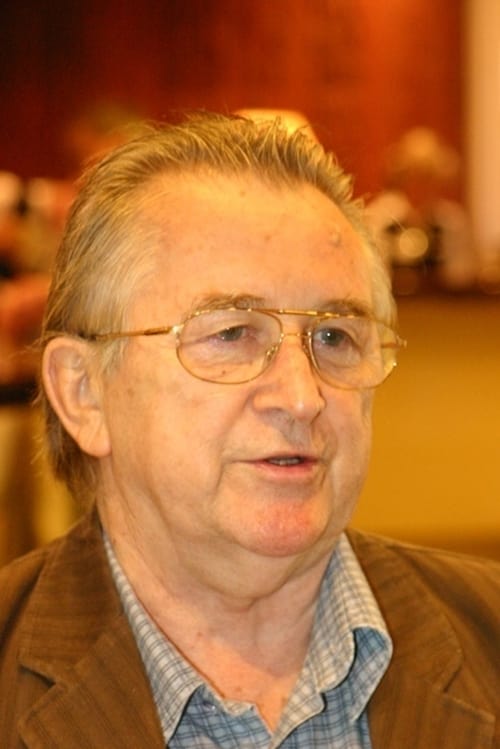
Kazimierz Kutz
出生 : 1929-02-16, Szopienice (obecnie Katowice), Polska
死亡 : 2018-12-18
略歴
Kazimierz Kutz was born February 16, 1929, in Szopienice, since 1960 district of Katowice, to a railway worker and a former partisan of the Silesian Uprisings. After the World War II Kutz graduated from gymnasium in Mysłowice and in 1949 was admitted to the Łódź Film School. After finishing his studies in 1954 he started working as an assistant to Andrzej Wajda.
His film debut was Cross of Valor (1959). Since then he finished more than 20 pictures, including six about his home region - Silesia. He is also famous for directing theatre plays on some of the most prominent scenes of Poland, including the Teatr Stary in Kraków and National Theatre in Warsaw, as well as several plays for the Polish television. In 1972, he founded the Silesia Film Company in Katowice and, until 1978, was its Artistic Director.
In the 1970s he became the main director of the Polish Television branch in Katowice. He was also working for several branch and cultural organisations. After the Martial Law had been imposed in Poland in 1981 Kutz was interned by the communist authorities, but was released soon afterwards. Between 1981 and 1983, lectured in the Radio and Television Faculty at Silesian University in Katowice, and, between 1985 and 1991, taught directing at the Higher Theatre School in Kraków. Since 1987, was Principal Director in the Polish Television Centre in Katowice and, between 1990 and 1991, headed the Centre. After the peaceful transition to democracy in 1989 Kutz became the head of the Polish TV branch in Kraków (until 1991).
For his involvement in the matters of Silesia, and for his films depicting the traditions and problems of that part of Poland, he is considered by some the spokesman of all Silesians. In a plebiscite organised by Gazeta Wyborcza newspaper he was chosen the third most famous Silesian ever and the first among the living people. In 1997 he was awarded with the title of doctor honoris causa by the University of Opole. He is currently a promotor and patron of several Silesia-based cultural feasts and societies, including the Festiwal Filmów Kultowych, Festiwal Sztuki Reżyserskiej, Cultural Congress of the Upper Silesia, Council of Culture of the Silesian Voivodship, Academy of Fine Arts in Katowice and Committee for the Construction of Silesian Museum. He is also one of the supporters of development of the Silesian language.
His 1995 film Reverted was entered into the 19th Moscow International Film Festival.
In 1997 Kutz took part in the elections to the Senate of Poland (from the list of Freedom Union party, Katowice constituency) and was supported by approximately 500,000 Silesians. In 2001 he was elected for his second term as a non-partisan candidate, and in 2005 re-elected for the third term. Currently he is the deputy speaker of the Senate of Poland. For his social involvements, he was awarded with many of the highest Polish awards.
Kazimierz Kutz is married to Iwona and has two sons (Gabriel and Tymek) and two daughters (Wiktoria and Kamila).
From Wikipedia, the free encyclopedia
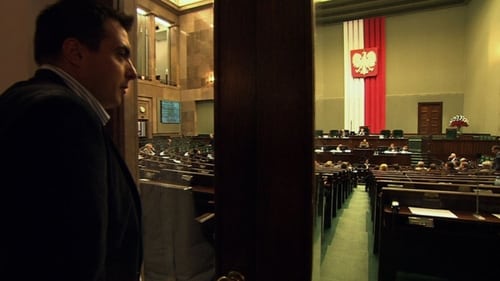
Himself
Unfulfilled promises of politicians, victims of the system, backstage of election campaign.
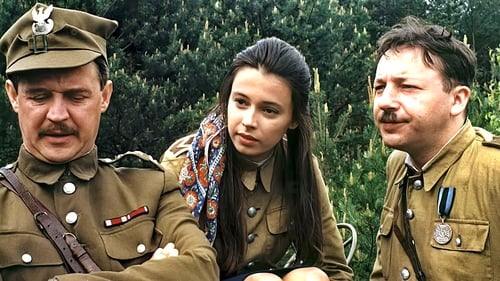
Director

Writer

Director

Screenplay
Young democracy activist is being chased by police in a very funny way.

Director
Young democracy activist is being chased by police in a very funny way.
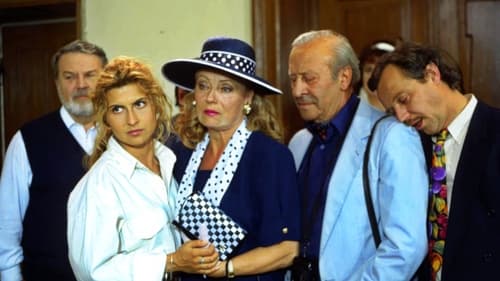
Director
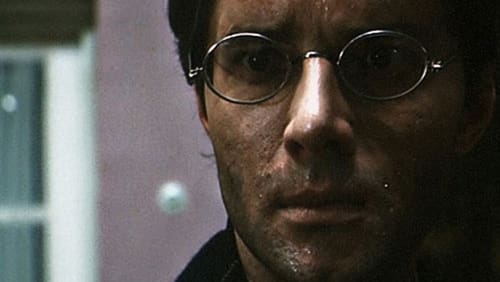
Writer
Set during the World War II. Story follows a young officer, returning home after lost September 1939 campaign, who organizes an underground network, but is betrayed by a girl who had more interest in him than the cause.

Director
Set during the World War II. Story follows a young officer, returning home after lost September 1939 campaign, who organizes an underground network, but is betrayed by a girl who had more interest in him than the cause.
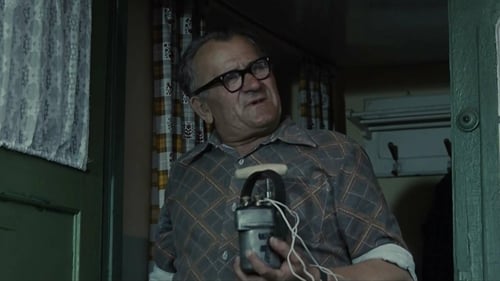
Writer
The crusty hero, Habryka, is an old miner who has won many worker medals and is now retired with his youngest son and latter's family living with him. To build new apartment buildings, the old houses are being bought out, the residents given apartments in the new houses, and being cleared away. But Habryka refuses to sell.

Director
The crusty hero, Habryka, is an old miner who has won many worker medals and is now retired with his youngest son and latter's family living with him. To build new apartment buildings, the old houses are being bought out, the residents given apartments in the new houses, and being cleared away. But Habryka refuses to sell.

Director

Writer
Young PZPR activist gets in conflict with corrupt district party dignitaries

Director
Young PZPR activist gets in conflict with corrupt district party dignitaries
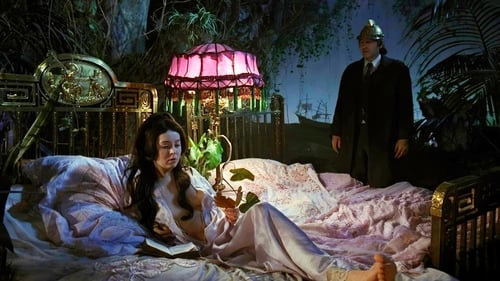
Art Department Manager
A young man named Josef visits a dilapidated Sanatorium to see his father Jakob. On his arrival, a sinister doctor informs him that his father had stopped breathing but hasn't died yet, perhaps due to Josef's arrival which may have halted time in the sanatorium. Josef undertakes a strange journey through the many rooms of the sanatorium, each which conjures worlds composed of his memories, dreams and nightmares.
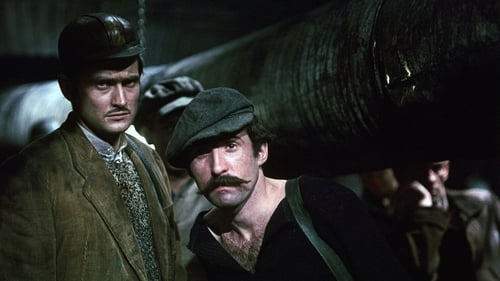
Writer
Film set during the Silesian Uprising in the 1920's. The German owners of a mine decide that it is unprofitable and want to close it by flooding it. The miners go on strike.

Director
Film set during the Silesian Uprising in the 1920's. The German owners of a mine decide that it is unprofitable and want to close it by flooding it. The miners go on strike.
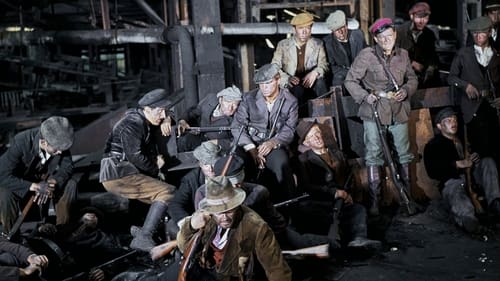
Writer
During the 1920 Silesian uprising, seven brothers take part in the struggle with the Germans to keep the region in the Polish hands.

Director
During the 1920 Silesian uprising, seven brothers take part in the struggle with the Germans to keep the region in the Polish hands.

Writer

Director

Director

Director
Musical directed by Kazimierz Kutz.

Writer
Set in a small Polish town just after the war, the story of an unruly teenager who constantly taunts the old priest. One day the youth has a horrible accident, which the villagers call divine punishment.

Director
Set in a small Polish town just after the war, the story of an unruly teenager who constantly taunts the old priest. One day the youth has a horrible accident, which the villagers call divine punishment.

Writer

Director
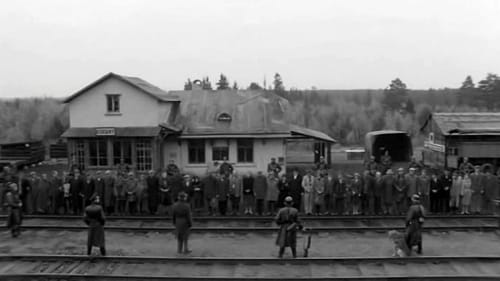
Director
A group of people find themselves stuck in remote train station in German-occupied Poland. A drunk German station guard there gets paranoid and sees partisans all around him, phones headquarters, and when the German soldiers arrive and search the station they find a gun. They then threaten to execute every fifth person unless someone claims it.

Director
"In 1960 Kazimierz Kutz' second film NIKT NIE WOLA / NOBODY'S CALLING, based on a Jozef Hen novel that was never published in Poland, described the fate of Poles on the Eastern Front. Kutz used the film to explore new formal solutions, collaborating closely with cinematographer Jerzy Wojcik to reveal the psychological landscape of a pair of lovers who are strongly affected by wartime events. The camera recorded the couple's inner experiences, contrasting their muted intimacy against the surrounding scenery of a ruined town. The film did not win over critics at the time of its release. It was not until later that critics recognized Kutz's effort to experiment with aesthetics in a manner akin to that pursued by filmmakers of the new wave. NOBODY'S CALLING came to be compared with Michelangelo Antonioni's THE ADVENTURE, which was produced around the same time."
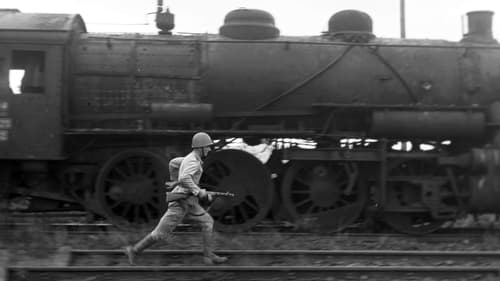
Writer
Three episodes showing the repercussions of war. A soldier is awarded with the Cross of Valor and vacation to home. But instead of his village, he finds only the charred ruins. A stray dog turns out to be the former guard at Auschwitz. A young widow is hailed as the wife of the hero but dreams of something else.

Director
Three episodes showing the repercussions of war. A soldier is awarded with the Cross of Valor and vacation to home. But instead of his village, he finds only the charred ruins. A stray dog turns out to be the former guard at Auschwitz. A young widow is hailed as the wife of the hero but dreams of something else.
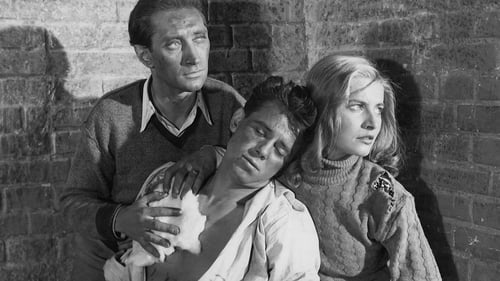
powstaniec w kanale (nie występuje w napisach)
'44年、ソ連軍の進軍近しと判断したロンドンの亡命政府の指令で敢行されたワルシャワ蜂起。しかし20万もの犠牲を出す壊滅的打撃を受け、レジスタンスたちは地下水道へと逃げ込む。物語は、ほぼ全編、その地下水道の中で出口のない、あるいはあっても出られない緊迫感を持って繰り広げられる。語られる人間ドラマもさることながら、その状況こそが当時のポーランドの姿そのものの暗示であった。脚本のスタビンスキーの実体験に基づく、衝撃的な青春の物語。'57年カンヌで審査員特別賞に輝いた。
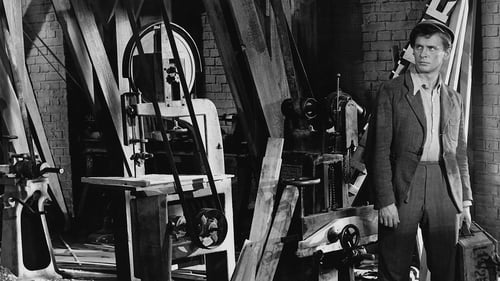
Członek GL (niewymieniony w czołówce)
ナチ支配下のポーランド。石炭を盗むのが生業の若者が、仲間を独軍の機銃掃射で失い、自分も傷ついたところを工員の青年に助けられる。彼を通じて抵抗運動の女性闘士を知った若者は彼女に恋するが、やがて彼女にも悲劇が訪れる……。脇役で出演もしているポランスキーをして“この作品でポーランド映画のすべてが始まった”と言わしめた、ワイダの長編処女作。後に「地下水道」「灰とダイヤモンド」と続く“抵抗三部作”の最初の作品。まだ演出には生硬な所があるが、感情を一気に衝撃的なラストまで高めていく剛腕は彼ならではのものだ。

Director
Kazimierz Kutz's student film. While playing soldier a boy is told to stand guard, but his friends finish the game, forget all about him, and go home. He stays there into the night not daring to move from the spot because he'd given his word of honor he wouldn't move until ordered.

himself
The main character of "Żyłem siedemnaście razy" reflects on his childhood in Gwoździec and tells a story about the beginning of his career as a filmmaker.















